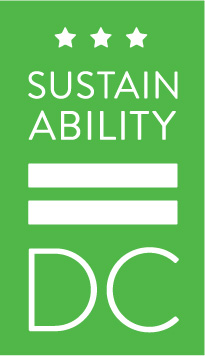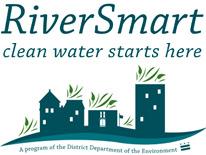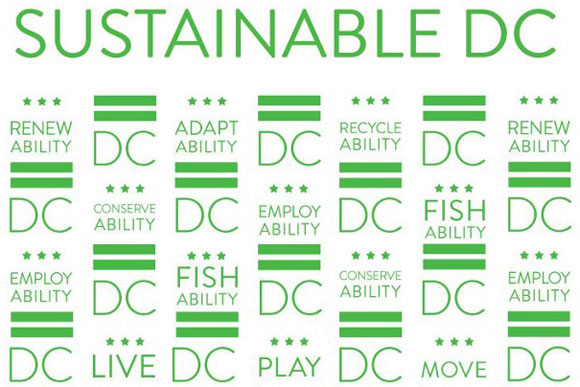The demand for socially responsible products among millennials has created a unique opportunity for entrepreneurs. Millennials are especially interested in products that address social issues and advocate for the common good. Love Your Melon is a non-profit that meets the socially conscious needs of millennial consumers.
Love Your Melon was co-founded by two students in an entrepreneurship class and the University of St. Thomas in Minnesota. The business model is similar to that of Toms, which provides a pair of shoes for a child in need with each shoe that is purchased. Using a similar model, Love Your Melon provides a hat for a child who is battling cancer for every hat that is purchased. In the two and a half years since beginning operations the organization has been able to provide a hat for every child that is battling cancer in the United States. The company will now be giving 50 percent of its proceeds to two partner foundations, CureSearch and The Pinky Swear Foundation. CureSearch is a non-profit devoted to investing in research for childhood cancer treatments and The Pinky Swear Foundation eases the financial and emotional hardships of cancer by providing support for patients and their families.
Love Your Melon is a unique company not only because it was founded by members of its target market segment, but also because its major marketing strategy relies on members of this cohort as well. The products of Love Your Melon have been promoted at 225 colleges and universities through out the United States by Love Your Melon Ambassadors. It was through one of these ambassadors at Saint Michael's College that I became aware of Love Your Melon and its support mission for children battling cancer. The Ambassadors promote their mission by spreading awareness of the products and mission of Love Your Melon to fellow students at their representative colleges and universities. Last week there was a Love Your Melon Ambassador tabling in Alliot. She had examples of the product lines that Love Your Melon offers and students were able to purchase the products there or place orders. This is an innovative marketing strategy that is especially applicable to the millennial cohort.
The organization became wildly successful and has now expanded their product mix and now has multiple product lines including: beanies, cuffed beanies, caps, shirts and accessories. The initial product of the love your melon beanies are reaching the end of the growth sector of the product life-cycle and entering into the maturity phase. The success of the initial product lead to the addition of multiple product lines to the Love Your Melon product mix. This expansion has made it possible for the organization to expand on its mission. The mission has expanded from providing a hat to every child battling cancer in the United States to donating 50 percent of proceeds to cancer research and funding from families through two partner organizations, CureSearch and The Pinky Swear Foundation.
Love Your Melon: Goal Reached
Love Your Melon has sold over 35,000 hats since it was founded two and a half years ago. This means that the organization has been able to reach its goal of providing a hat for every child battling cancer in the United States. The video above establishes the future goals being set by the company. Love Your Melon has now set the goal of donating 1 million dollars to both of their partner organizations by the end of 2015. This funding has the potential to have far reaching impacts on cancer research and support networks for patients and their families, this is an example of business that upholds and supports the common good.





